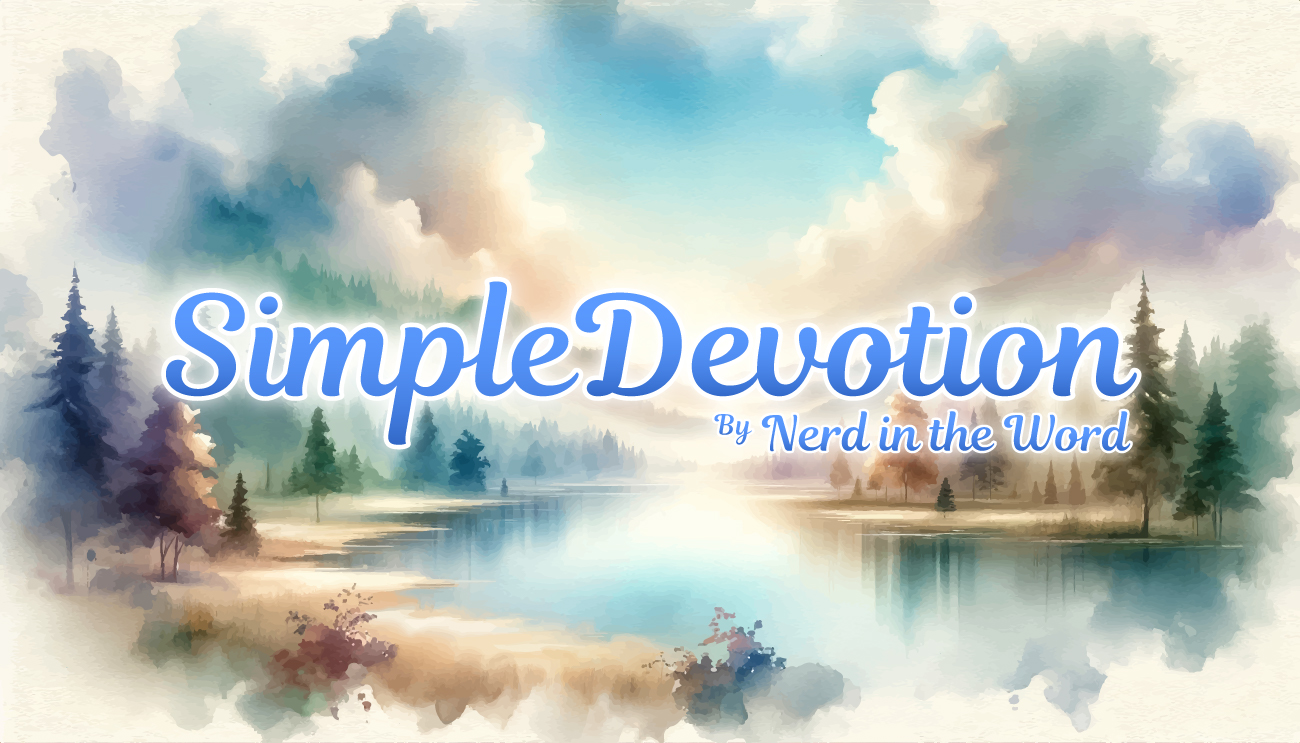Dear friends,
Recently, I have been researching my family line and was struck by a realization. My ancestors, who were once so vibrant and lived full lives filled with so many things, now find their lives summarized in a single brief paragraph of text. These mere paragraphs exist as short summaries that attempt to grasp the essence of a person’s character and deeds. In these paragraphs is held everything there is to be known about these individuals. Yes, some have a bit more information, some a notable fact in a newspaper or magazine, and the lucky few have taken the time to write some form of book or article that stores a tiny piece of their personality for their posterity. However, the great majority of them exist now as a tiny shadow of what used to be.
How can we live in light of this knowledge? What does it mean to us who are alive today? I am reminded of James when he said, "Whereas ye know not what shall be on the morrow. For what is your life? It is even a vapor, that appeareth for a little time, and then vanisheth away." (James 4:14) We are here for only a moment. A brief period of this world’s history. James underscores the brevity of our earthly pilgrimage. Our lives, brief as a vapor, are soon gone, but the legacy we leave behind can linger much longer.
One thing that intrigues me about these final paragraphs is that it is not our missteps that are remembered but our virtues. Once again, I am reminded of Scripture which reminds us of the enduring nature of a good reputation: "A good name is rather to be chosen than great riches, and loving favor rather than silver and gold." (Proverbs 22:1)
Looking at an epitaph on a tombstone, you find phrases such as "A loving father," "Loved by all," and "Here lies a man of honor." Tombstones contain a phrase used to draw out the defining character trait of that person’s life. It is these potential short epitaphs that will be composed into our final paragraph, and ultimately, one may be chosen for our grave.
What, then, will the paragraph of your life say? When distilled down to its essence, will it speak of you as "A loving parent," "A faithful friend," "A generous giver," or "A kind counselor?" This thought ought to cause us to reflect on the legacy we are building each day. The Apostle Paul understood the significance of our legacy and, in Ephesians 4:1-2, urged believers to live in a manner worthy of the calling they had received, by characterizing themselves by humility, gentleness, and patience, bearing with one another in love.
Living in the reality of this ultimate end can help us guide our daily decisions and interactions. If you desire to be remembered as "A generous giver," how might you extend generosity not just in financial giving but in offering your time, attention, and kindness to others? Or if you aspire to be known as "A kind counselor," consider how you could cultivate listening and empathy to support those around you. Parents, how has your relationship with your children been? Children, how is your relationship with your parents? Brothers and sisters, have you shown love to each other? Friends, have you shown yourself to be friendly?
Your legacy will never mean more than it does right now. Psalm 90:9 says, "For all our days are passed away in thy wrath: we spend our years as a tale that is told." The most meaningful things you can do are done within your lifetime. Once you are gone from this earth, you exist here as simply a story of things gone by. If then we want to leave the greatest impact, it must be done today in our lifetime, directly to those around us.
As you contemplate the paragraph of your life, ask not only ‘What will it say?’ but more importantly, ‘What does it say now, and how can I mold it into a testament of a life well-lived?’ Remember, each day is a fresh opportunity to add meaningful sentences to that final summary.


